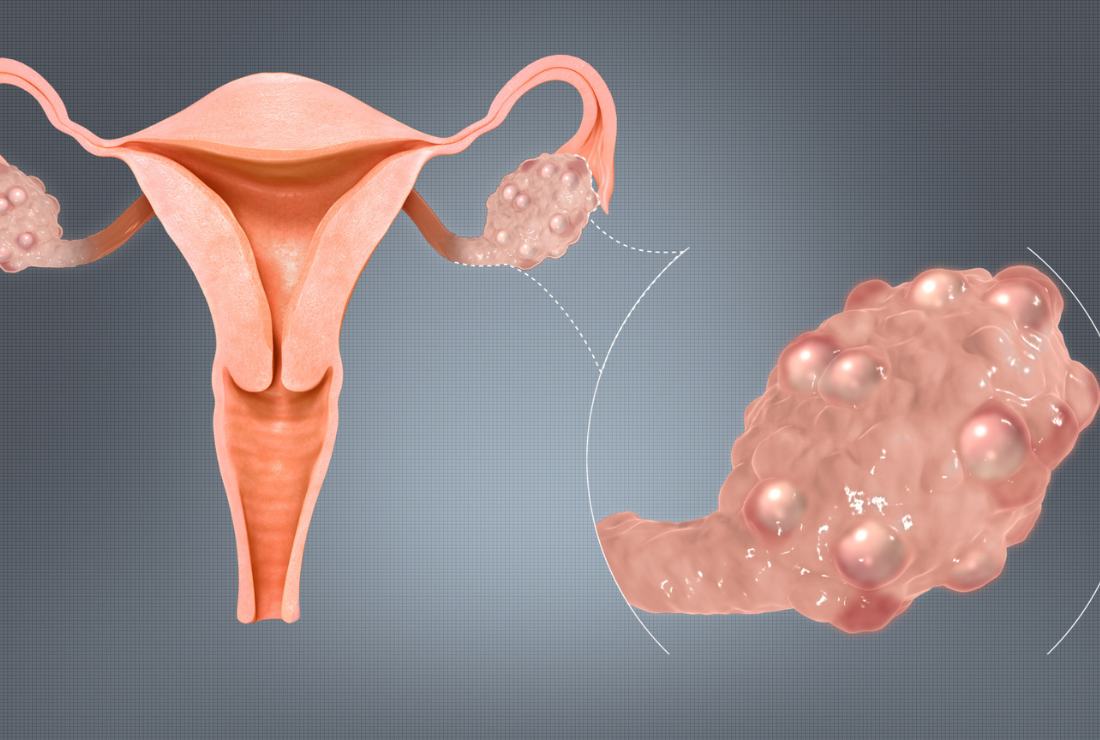
PCOS - Symptoms, causes & Treatments
September 02, 2022PCOS, or polycystic ovary syndrome, is a hormonal condition that can change women during their reproductive years. It may have an impact on your ability to have a child (your doctor will call it your fertility). It can also cause your periods to stop or make them difficult to predict, cause facial and body hair to grow that isn't desired, increase your risk of developing diseases like diabetes and high blood pressure, among other health issues.
PCOS causes women to produce more male hormones than normal. This hormonal imbalance causes their bodies to skip menstrual periods, making pregnancy more difficult.
PCOS symptoms and signs vary from person to person. PCOS is identified when at least two of the following symptoms are present
Periods that is irregular. Irregular, Infrequent or prolonged menstrual cycles are the most common symptom of PCOS. You could, for example, have fewer than nine periods per year, more than 35 days between periods, or abnormally heavy periods.
Androgen excess - Elevated levels of male hormones can cause physical symptoms such as excess facial and body hair (hirsutism), severe acne, and male-pattern baldness.
1. Ovaries with polycystic cysts in the uterus. Your ovaries may become enlarged, with follicles encircling the eggs. As a result, the ovaries may cease to function normally.
Consult your doctor if you have concerns about your menstrual cycles, infertility, or signs of excess androgen, such as worsening hirsutism, acne, or male-pattern baldness.

